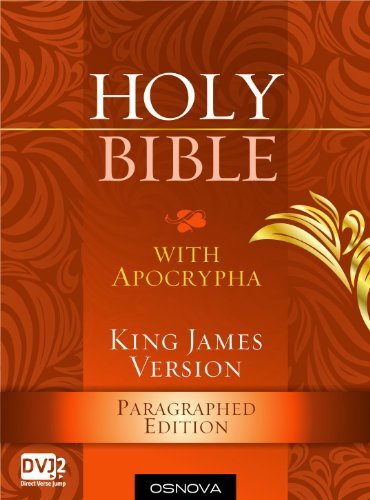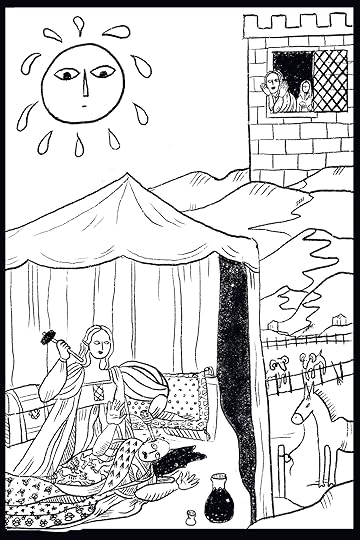What do you think?
Rate this book


1994 pages, Kindle Edition
First published January 1, 1611
All fowls that creep, going upon all four, shall be an abomination unto you.

Jehoiachin was eight years old when he began to reign, and he reigned three months and ten days in Jerusalem, and he did that which was evil in the sight of the LORD.